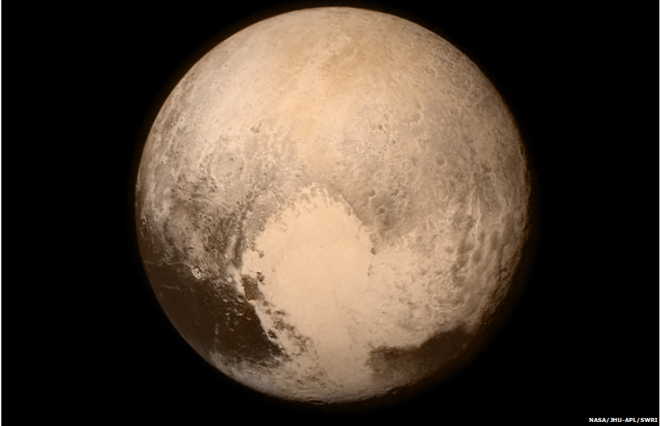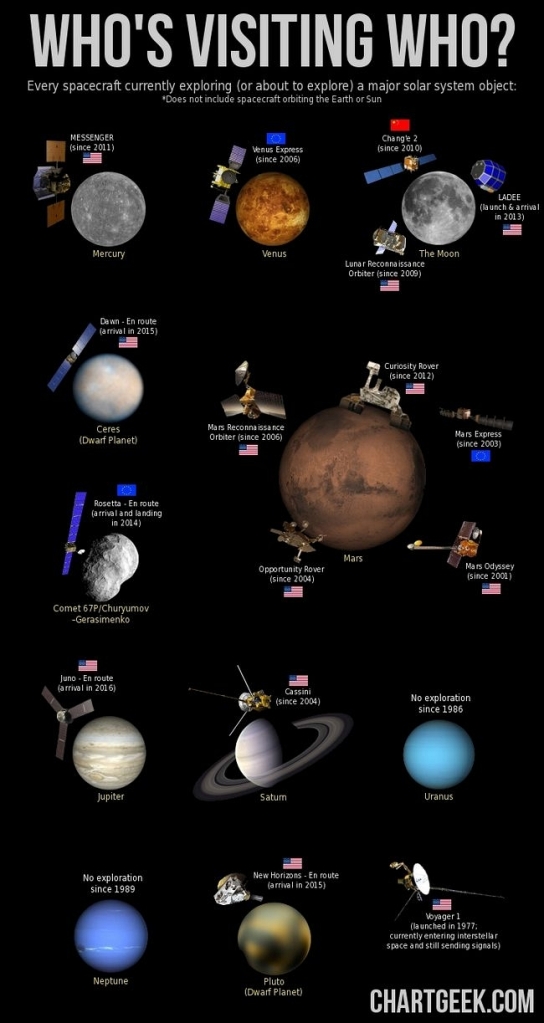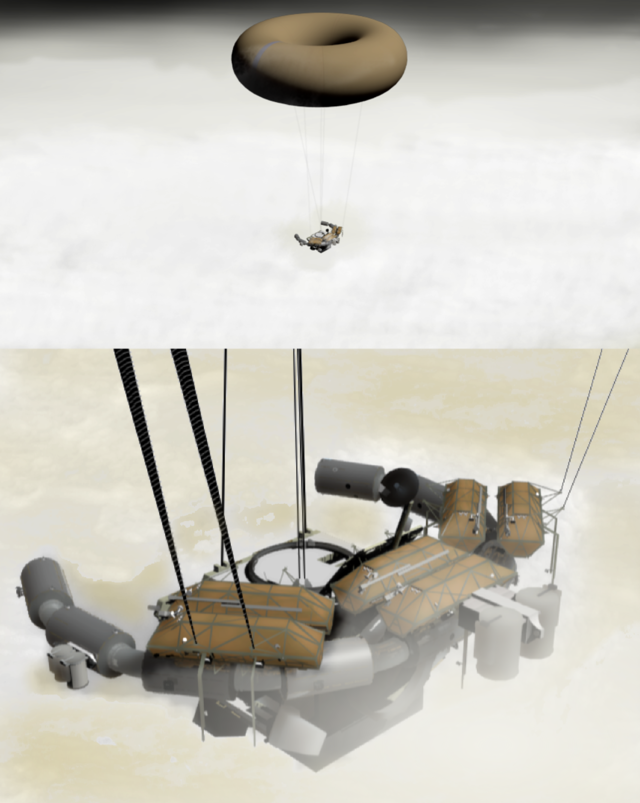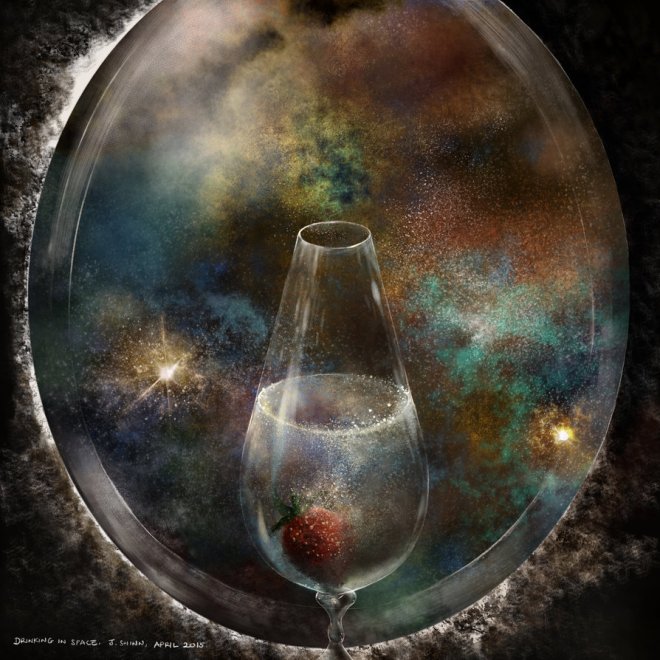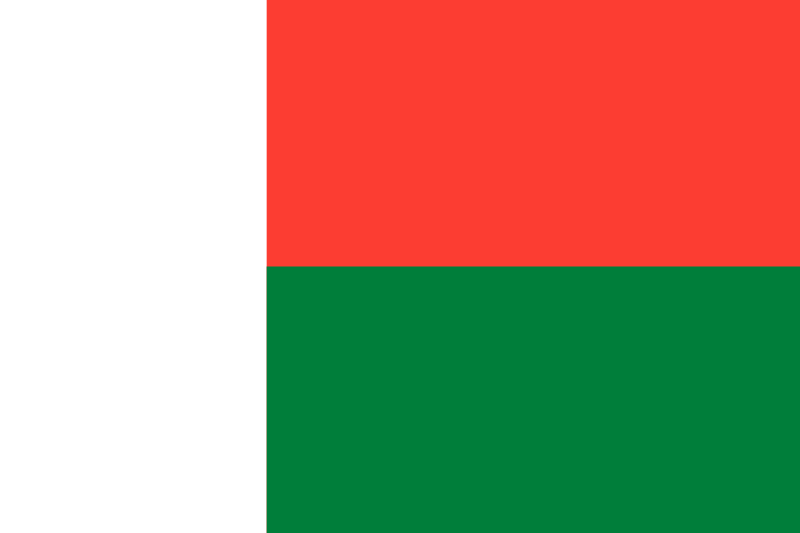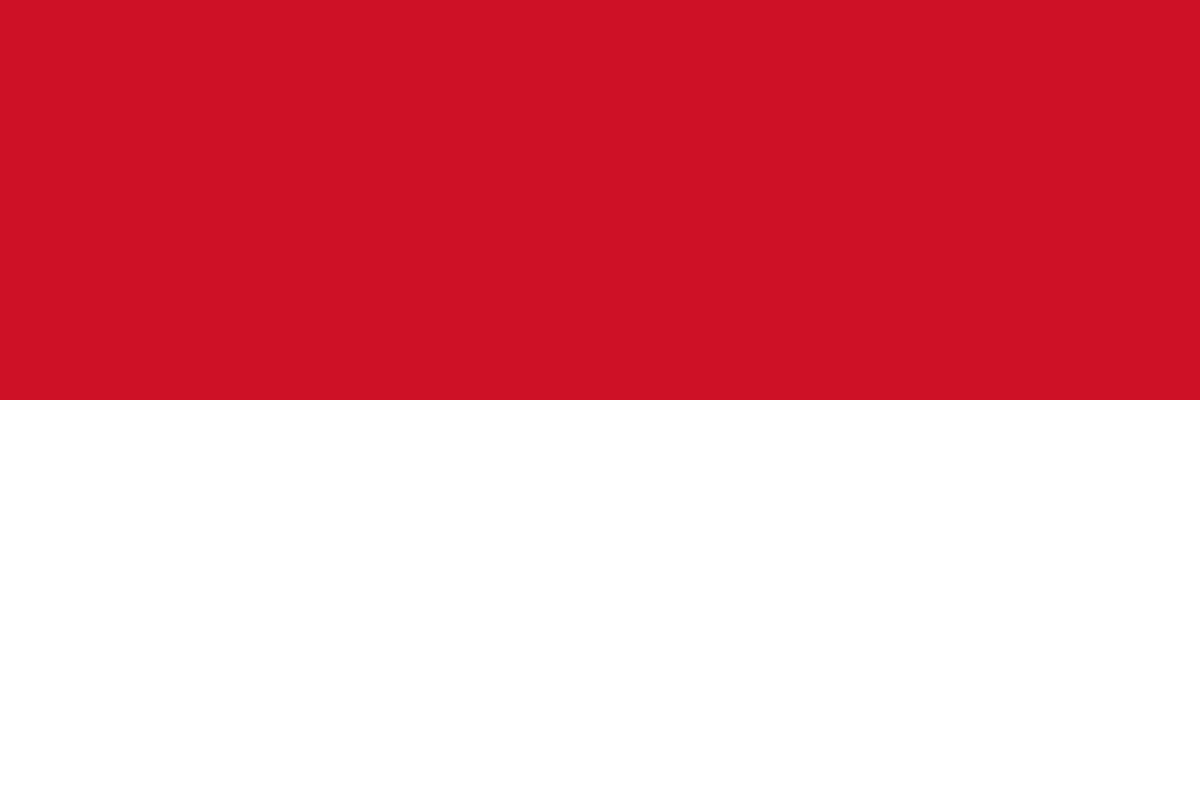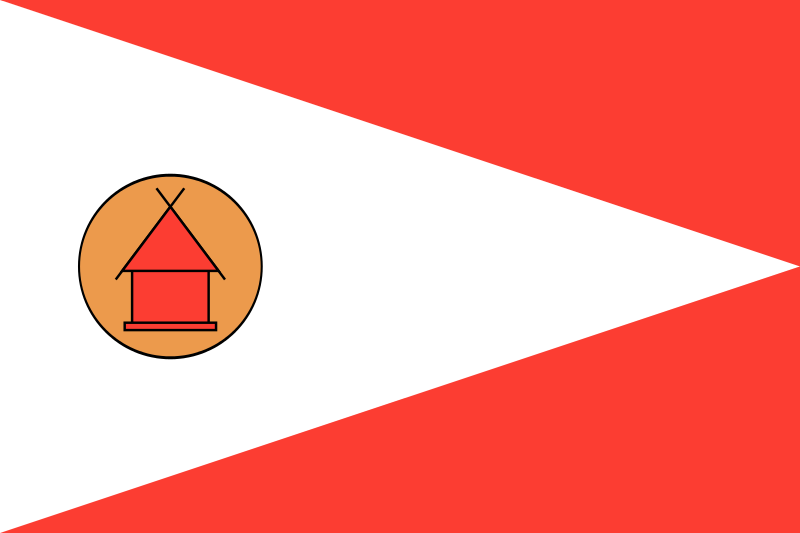You are currently browsing the tag archive for the ‘colonization’ tag.
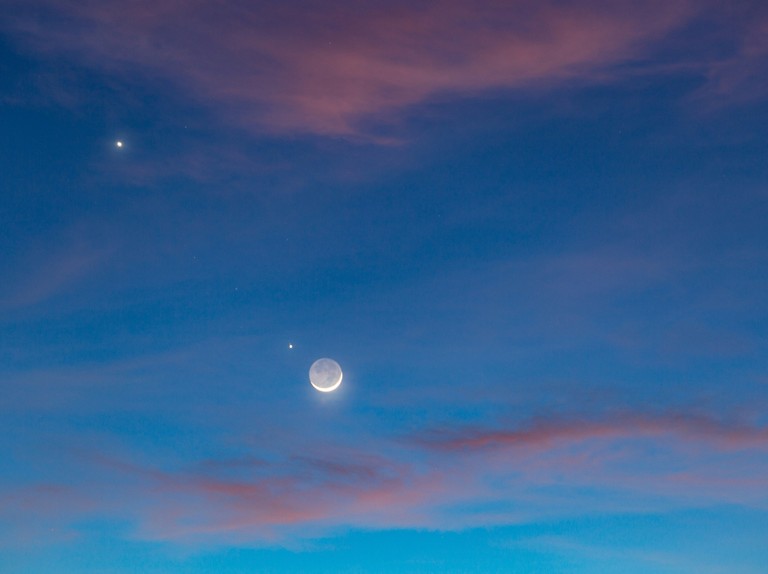
I was really alarmed by how many people saw the report of (potential) life signs on Venus and immediately said “We need to cease all space exploration and never look beyond the Earth”. For example, the Christian columnist at “The Week” wrote a characteristically dimwitted column about the subject [coincidentally, it strikes me as funny that followers of Abrahamic faiths worship an omnipotent extraterrestrial wizard, yet clutch their pearls about space!].
Yet even people who do not take such absolutist anti-knowledge position, are still wary of bigger plans for space-faring. Right here, in Ferrebeekeeper’s comments, our own frequent reader K Hindall, took a more nuanced, but still restrictive view:
“I am all for the exploration of space, but not establishing a permanent human presence elsewhere…We need to prove that we can take care of a planet before we go bounding off to live on other ones. It’s like giving another toy to a child who has proven that they just break their toys, not play with them. When we’ve stopped driving everyone else on the planet into extinction, then it will be soon enough to talk about living on a different one.”
It is well said (and I left out the part where K Hindall ably defend the space sovereignty of the Venusian bacteria). Yet I worry that it is wrong-headed (please keep commenting K Hindall! You know we love you).
Lately I have seen more and more philosophical arguments that humankind should have never developed agriculture or civilization. Although these arguments do indeed seem to have a fair amount of moral and ecological validity, they somewhat overlook the facts on the ground right now. We are an aggressive invasive species which has gotten everywhere. What is to be done?I agree with K Hindall that humanity is not to be trusted. Yet does that mean we must resign ourselves to never dream beyond the Earth? I keep thinking about the fable of the animals and their gifts (a story which presents a powerful dark truth human nature). We are destroying the world with our gifts–which seem greater and darker by the day. And yet despite all of this strength we cannot agree with what is proper to do or what rules we must follow. Indeed our disagreements on these points are a further cause of our destructiveness!
In fact I worry that K Hindall has it backwards: humankind won’t be able to desist from destroying ourselves and our fellow Earth life unless we find a more suitable frontier for our boundless appetite and ruthless cunning. If we wanted to stop using up the Earth right now, we would have to live with hundreds of thousands of super intrusive new rules that nobody would ever agree to (no more children for most people, no more of most categories of useful chemicals, no more pets, no more flower gardens, no more travel, no more beef, no more luxury –a tiny beige microcube and a set of mostly-incomprehensible, ecologically-useful tasks for everyone!). Perhaps people would accept such austerity for dreams of mansions on Jupiter, I doubt they would accept it to know that somebody else’s ever-so-great-grandchildren can live in “Logan’s Run”.
If they exist (which I doubt), the Venusians might already be earth life, brought by some meteor or Soviet probe. Maybe the opposite is true and we have all been Venusians (or some even more esoteric alien ) all along. I am not sure that it is wrong for living beings to reproduce and expand into new territories–it is the nature of life!
Pragmatists will say that this whole essay is like writing about whether it is wrong to fly around like Superman and shoot powerful beams out of your eyes. We can’t do that anyway! So why worry about it? And yet…every year we have better flying devices and better high energy beams. Who is to say what is possible? Our dreams shape our abilities. And casting our dreams towards a worthwhile pursuit might be a way to finally grow up out of childhood.

Just like the bamboo destroys itself (and the whole forest) by flowering, we are destroying the world ecology. My fondest hope is that we are doing this for a purpose: to cast the precious seed of Earth life up into the heavens. Even if we gain wisdom, power, and prudence beyond all measure everything could go wrong with this plan. We could destroy other worlds. We could destroy ourselves. It is still worth risking though. Plus the whole reason that Bonnie Kristian (whose name seems suspiciously fake) is alarmed by humans is that we don’t do what we are told. We do what we are able.
As promised we are dedicating today’s post to the New Horizons spacecraft. The unmanned robot probe (which is the size of an unwieldy motorcycle) flew past Pluto at 7:49 a.m. EST, traveling at nearly 50,000 kilometers per hour (31,000 mph). At its nearest approach, the craft was only 1200 kilometers (7500 miles) above Pluto’s surface—closer to Pluto than Brooklyn is to Botswana.
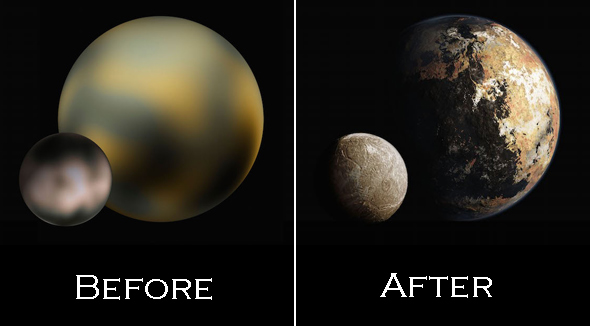
Because of the shape and size of the solar system, the telemetry of the mission, and the niceties of radio-communication, NASA did not receive the information dump from the spacecraft until 00:53 GMT Wednesday which is uh…approximately right now! So I haven’t had any time to groom the Pluto data! Today’s post is thus more of a laurel. But the information does exist—the craft survived and completed its mission. We have a trove of knowledge about Pluto to help scientists understand the nature of the solar system—or to conceive of what kinds of new questions to ask about other planetary systems. Maybe I’ll be desperately writing another post tomorrow if scientists unexpectedly find canals on Pluto or discover that Nyx is really a giant egg or something, but most likely this data will take a long time to process and understand. Such is the nature of science (and most worthwhile pursuits). So what is the purpose of this post?
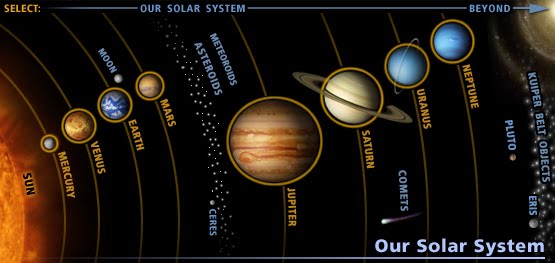
I have never been unduly upset about the designation “dwarf planet” for things like Pluto, Ceres, Eris, and Haumea. However I did grow up with “My very educated mother just served us nine pizzas” (a much snappier mnemonic than “My very educated mother just served us nothing”), and the idea of Pluto as the final planet still holds undeserved weight in my subconscious. I have thus been taking NASA’s self-congratulatory PR announcements seriously when they say “we complete the initial reconnaissance of the planets.” That sounds right to me. Humankind has gathered a great deal of information about the solar system. Now it is time to brainstorm some new objectives before the fickle public loses its interest and wanders off.
There is a national consensus that we should be spending all of our money on expensive cell phones and vastly overpriced (yet disturbingly ineffectual) medical care. The space age is reckoned to be over—and space should now be left to the likes of Elon Musk and other James Bond villain-ish mega billionaires. I think this is wrong, wrong, wrong, wrong, ever so wrong. Now that we have some ideas about what is out there we should use our hard-won knowledge to do tremendous things! My favorite next step is an atmospheric mission to Venus. Let’s send some cool space blimps to sit in the high atmosphere of our sister planet and maybe launch some weird little drones and smaller balloons into the atmosphere. We could find out whether a floating colony is even feasible. Plus it would be like the Montgolfier brothers and the Wright brothers all over—on another world!
The idea of a human mission to Mars and a submarine mission to Europa also have great merit—but I see them as more difficult and with less practical purpose. What are your favorite ideas about what to do next? This seems like a good moment to at least talk about the direction we are headed, even as we sip champagne and dance joyously about what we have done.
This is the flag of Madagascar: three rectangles of white, red, and green. The rectangles are nearly equal in size (although the vertical white rectangle is slightly wider). The flag has been the symbol of Madagascar since 1958—which means it was adopted two years before the island nation became independent of the French empire in 1960.
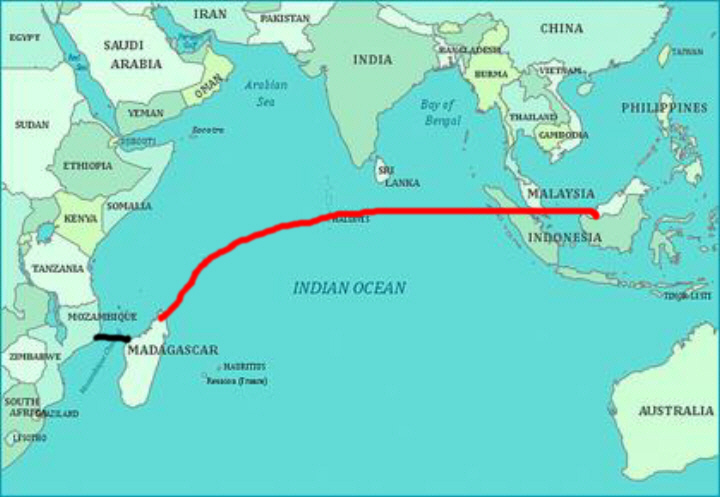 Madagascar is an ancient island subcontinent which is currently located in the Indian Ocean just east of Sub Saharan Africa (it has actually moved around a great deal during geological history–but that is irrelevant for a post about the national flag). The large island was colonized by two waves of human inhabitants. The first Madagascar people were Austronesians who arrived between 350 BC and 550 AD via boat from the island of Borneo. Boneo and Madagascar are about 7,600 kilometers (4760 miles) apart, so this was no trifling feat of navigation! The second main wave of human colonization took place around 1000 AD, when many Bantu people crossed the Mozambique channel–which is a more manageable boat journey of 460 km (286 miles).
Madagascar is an ancient island subcontinent which is currently located in the Indian Ocean just east of Sub Saharan Africa (it has actually moved around a great deal during geological history–but that is irrelevant for a post about the national flag). The large island was colonized by two waves of human inhabitants. The first Madagascar people were Austronesians who arrived between 350 BC and 550 AD via boat from the island of Borneo. Boneo and Madagascar are about 7,600 kilometers (4760 miles) apart, so this was no trifling feat of navigation! The second main wave of human colonization took place around 1000 AD, when many Bantu people crossed the Mozambique channel–which is a more manageable boat journey of 460 km (286 miles).
The red and the white of the Madagascar flag are said to represent both the Merina kingdom (which fell to the French in 1896) and the colors of the flag of Indonesia (red and white) which was where the first Madagascar people hailed from. The Merina people are highlanders who culturally dominated the island for centuries.
The green of the flag is said to represent the Hova people—the free peasantry. During the Merina kingdom, society was divided into three classes: Merina aristocrats, Hova peasants, and slaves (coincidentally these slaves were obtained from raids on the Makua people during the 19th century). The Hova apparently played a large part in the 1950s independence movement against the French colonial authorities.
 In conclusion, the more I have studied the Madagascar flag, the less sure I am that it means anything. I feel like some graphically inclined revolutionary might have made up the whole thing in 1958 because he liked the colors. More importantly however, I have become fascinated by the strange human history of this perplexing mini continent which was inhabited so very recently.
In conclusion, the more I have studied the Madagascar flag, the less sure I am that it means anything. I feel like some graphically inclined revolutionary might have made up the whole thing in 1958 because he liked the colors. More importantly however, I have become fascinated by the strange human history of this perplexing mini continent which was inhabited so very recently.

